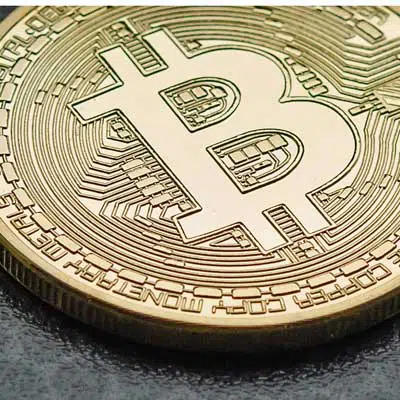In the nearly four months since it underwent a major downgrade in the incentive it offers miners, Bitcoin has seen its price rise nicely, but holders of the digital currency have not yet, at least, witnessed the wild upswing that followed the last such adjustment.
Bitcoin was trading at $10,483 as of Friday, according to CoinMarketCap.com, yielding a substantial 20% increase in price since May 10. On that day, the Bitcoin miner’s reward was cut in half from 12.5 Bitcoin to 6.25, the third such “halving” event in the digital currency’s history.
The halving event is programmed into Bitcoin’s code and occurs every 210,000 blocks, or roughly every four years. The object is to help manage the flow of new Bitcoin into circulation by reducing the miner’s reward. The total supply of Bitcoin is programmed to cap at 21 million.

Previous halvings have led to huge surges in price. In the year following the last event, which occurred July 9, 2016, Bitcoin’s price surged fully 384%, according to data compiled by Coindesk, a newsletter that follows cryptocurrency. That surge then led to an epic collapse.
Time will tell whether the more modest rise since the May halving will yield a less traumatic outcome for investors. For users of the currency, merchant acceptance remains sparse. But the median fee users pay miners to enter transactions on the Bitcoin blockchain has softened somewhat over the summer. After climbing from $1.15 on May 10 to $3.92 on May 20, the fee stood at $2.79 on Sept. 3, according to BitInfoCharts.com.







